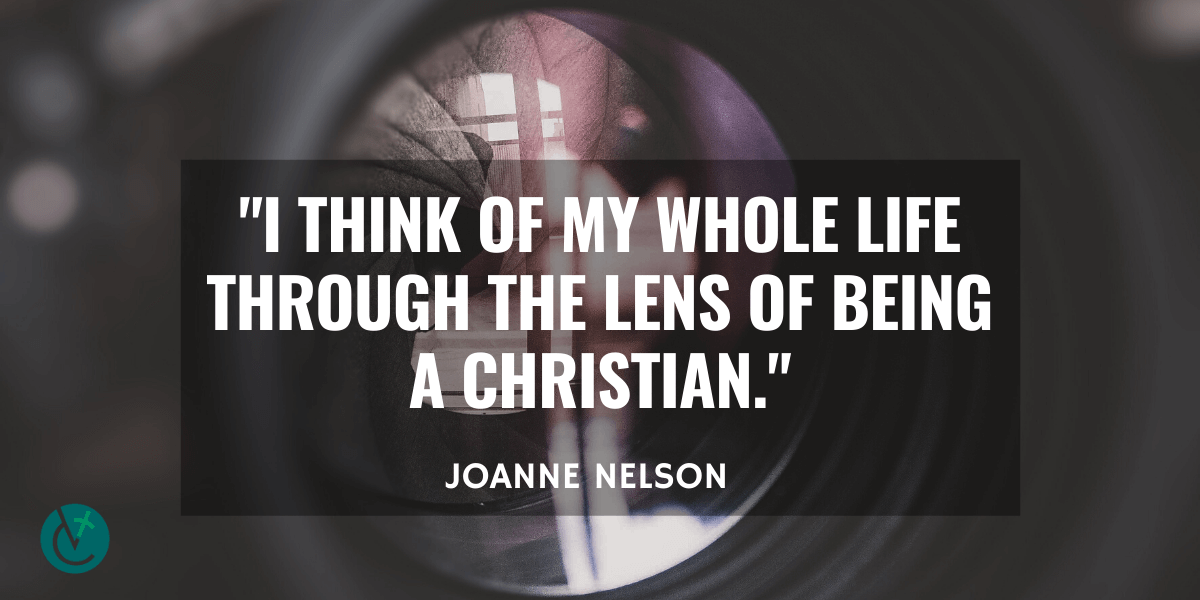
Making ‘merciful connections’
When Joanne Nelson attends The Chittenden Adult Drug Treatment Docket and Mental Health Court Docket in Burlington, the experience can be “like I’m at a cathedral having an experience of Christ.”
Survivors of sexual abuse and assault, others living with mental illness or suffering from the disease of substance misuse stand in front of the judge, usually looking downtrodden. And when the judge says, “Do you think you’re worth it? I do,” Nelson witnesses a respect for the value of all people.
The Chittenden Adult Treatment Court Docket and Chittenden Adult Mental Health Court Docket are voluntary, post-plea programs for defendants over 18. They offer participants who complete the program the chance to have criminal charges dismissed or reduced.
As the director of justice and mentoring programs for Mercy Connections in Burlington, Nelson oversees the provision of unique approaches and support for a range of individuals, mostly women who are in transition from treatment court, prison, addiction and/or mental health services.
For the Vermont Women’s Mentoring Program, Mercy Connections has partnered with the Vermont Department of Corrections to support women making the transition from Vermont’s correctional facilities. These women face significant barriers in finding appropriate and affordable housing and employment, key elements of successful reintegration. Mentors can have a profound influence on supporting individual women as they work to rebuild their lives.
The mentoring program has about 65 active matches; the mentors — all women — come from all walks of life and range in age from 25 to 85.
In the mentoring program, women being mentored are “not judged but are included and respected,” said Nelson, a Sisters of Mercy Associate and parishioner of Holy Family/St. Lawrence Parish in Essex Junction. “We are … a place somebody can come in and be treated as a whole person, which is very much in line with the charism of mercy.”
A former campus minister who has also worked in higher education institutional advancement, Nelson emphasized the importance of helping women make decisions that will keep them out of jail. But many are saddled with worries like losing custody of their children, finding affordable housing and getting a job with their limited education and skills.
So she is there to help “particularly because of my Catholic formation,” said Nelson, who was taught from grade one through grade eight at St. Monica School in Barre by the Sisters of Mercy, whom she called “Amazons for social justice.”
She remembers Sister Paulita, her second-grade teacher, telling the class they wouldn’t see Jesus but they would feel His presence. “When I am in the presence of incarcerated women, I feel Him. I feel Him everywhere,” Nelson said. “I think of my whole life through the lens of being a Christian.”
—Originally published in the Winter 2019 issue of Vermont Catholic magazine.

